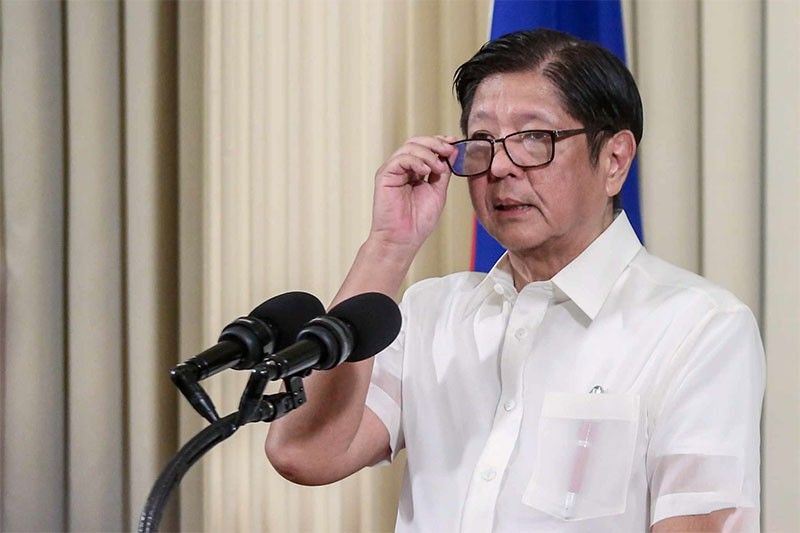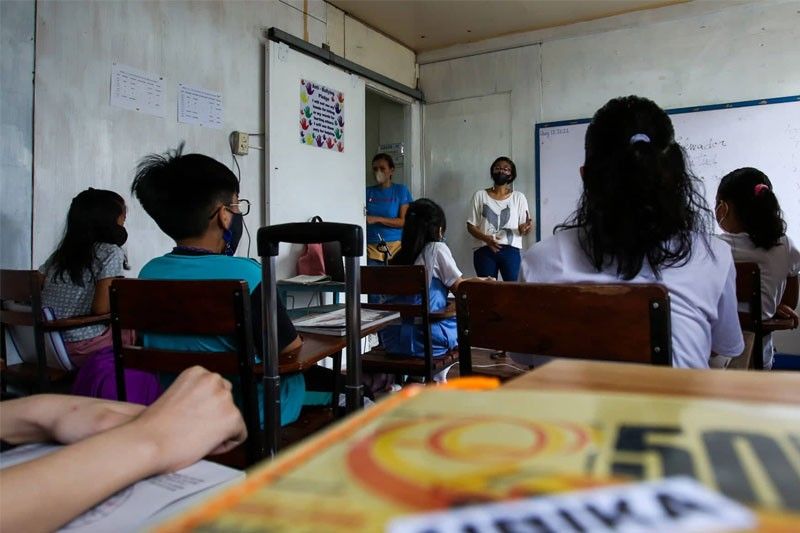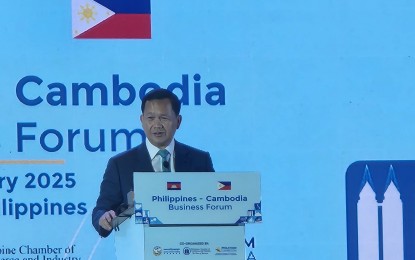Controversy Erupts: Laguna School's 'English-Only' Policy, Igniting Cultural Debate
The University of Cabuyao in Laguna is facing backlash for its "English Only Policy," which mandates that all communication within the university community be conducted exclusively in English to promote "academic excellence and global competitiveness."

Laguna, Philippines – The University of Cabuyao is under heavy scrutiny following its decision to enforce an "English Only Policy" across its entire academic community. The policy, which took effect on Monday, mandates that all official transactions, classes, and interactions within the university be conducted exclusively in English.
A Push for Global Competitiveness
According to Librado Dimaunahan, the university's officer-in-charge, the policy aims to foster academic excellence and global competitiveness among students.
"Effective immediately, all official transactions, classes, and interactions must be conducted exclusively in English, both in written and spoken forms," Dimaunahan stated. "This policy applies to students, faculty, staff, and all university personnel to create a strong English-speaking environment."
He urged the university community to support the initiative, emphasizing that proficiency in English would give graduates an edge in the global job market.
Social Media Uproar
Despite the university’s intentions, the announcement triggered a wave of backlash on social media, with students, educators, and the general public criticizing the policy for disregarding the Filipino language and cultural identity.
Marcuz Red Tevez, a student specializing in Filipino studies, expressed his concern over the potential erosion of the national language.
"It’s not globally competitive if our own language is hard for students to understand. We should focus on improving Filipino language skills to ensure clear communication," Tevez said.
Others echoed similar sentiments, questioning the policy’s effectiveness. Justin Ruaya remarked, "If you want a world-class curriculum, teach students to think critically, not to conform."
A Reflection of a Colonial Mindset?
Critics of the policy argue that prioritizing English over Filipino reflects a colonial mentality. Eyon, another commenter, questioned whether the policy truly benefits students.
"Isn’t this a reflection of a colonized mindset? Countries like Japan excel without prioritizing a foreign language," Eyon pointed out.
Meanwhile, Hao En Cheng stressed that language is a vital part of national identity.
"While English is important, our language reflects our culture and identity. Prioritizing English risks losing an essential part of ourselves," Cheng argued.
The Policy’s Real-World Applicability
Some critics also questioned whether the policy could be realistically enforced. Marlon Alcantara Marasigan pointed out inconsistencies in applying the rule across all sectors of society.
"Let’s not enforce a policy that cannot be applied universally, especially to our politicians," Marasigan commented, implying that even national leaders frequently mix Filipino and English in their discourse.
Calls for Reevaluation
As the debate continues, many are urging the University of Cabuyao to reconsider the policy’s impact on cultural identity and educational inclusivity. Some suggest a more balanced approach—one that promotes English proficiency while also preserving and strengthening Filipino language skills.
For now, the university stands firm on its decision, but whether the policy will be fully implemented or revised remains to be seen.
What's Your Reaction?













/https://tf-cmsv2-smithsonianmag-media.s3.amazonaws.com/filer_public/54/66/546650fa-26a4-40fd-8d6d-5a7a04540f81/rosetta2.png)











































.jpg)



format(webp))
format(webp))


























